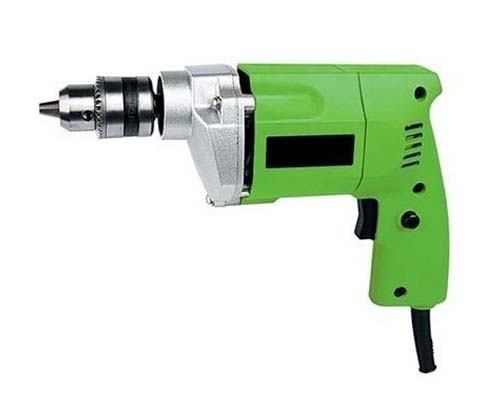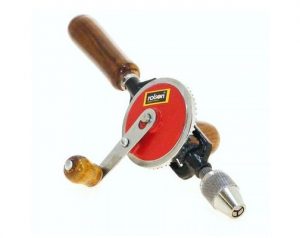
Choosing the Right Power Drill for Concrete: Unleashing the Power of Watts
When it comes to drilling into concrete, having the right power drill is crucial. The power of a drill is often measured in watts, which determines its capability to handle tough materials like concrete. In this article, we will delve into the world of power drills and explore how many watts are needed for drilling into concrete effectively. Whether you're a DIY enthusiast or a professional contractor, understanding the power requirements will help you make an informed decision and achieve optimal results.
- Understanding the Basics of Power Drills:
Before we dive into the specifics of drilling into concrete, let's first understand the basics of power drills. A power drill is a versatile tool that uses rotational motion to create holes in various materials. It consists of a motor, chuck, and a handle for gripping. The power of a drill is determined by its wattage, which directly affects its performance and drilling capabilities. - Factors to Consider When Choosing a Drill for Concrete:
When it comes to drilling into concrete, several factors need to be considered to ensure efficient and effective results. Here are some key factors to keep in mind: a. Wattage: Concrete is a dense and tough material, requiring a drill with sufficient power. Generally, a drill with a higher wattage will provide more torque and speed, making it easier to penetrate concrete surfaces. b. Hammer Action: Concrete drilling often requires a drill with a hammer action feature. This feature allows the drill bit to create impact force while rotating, aiding in breaking through the hard surface of the concrete. c. Drill Bit Compatibility: It's essential to choose a drill that is compatible with masonry or concrete drill bits. These bits are specifically designed to withstand the rigors of drilling into concrete and ensure clean and precise holes. - Determining the Wattage for Concrete Drilling:
The wattage required for drilling into concrete depends on various factors, such as the thickness and hardness of the concrete, as well as the desired drilling speed. As a general guideline, a drill with a wattage range of 800 to 1500 watts is suitable for most concrete drilling tasks. However, for more demanding projects or commercial use, higher wattage drills may be necessary. - Benefits of Using the Right Wattage:
Using a power drill with the appropriate wattage for concrete drilling offers several benefits: a. Increased Efficiency: Higher wattage drills provide more power, allowing for faster drilling and reduced effort. b. Enhanced Durability: Drills with higher wattage are often built with stronger components, ensuring durability and longevity, even when used extensively on concrete surfaces. c. Versatility: Opting for a drill with higher wattage not only enables effective concrete drilling but also allows for versatility in handling other materials, expanding the tool's usability.
Conclusion:
Choosing the right power drill with the appropriate wattage is essential for successful concrete drilling projects. By considering factors such as wattage, hammer action, and drill bit compatibility, you can ensure efficient and precise results. Remember, investing in a high-quality drill with sufficient power will save you time, effort, and potential frustrations in the long run. So, unleash the power of watts and conquer your concrete drilling tasks with confidence!

Average Rating